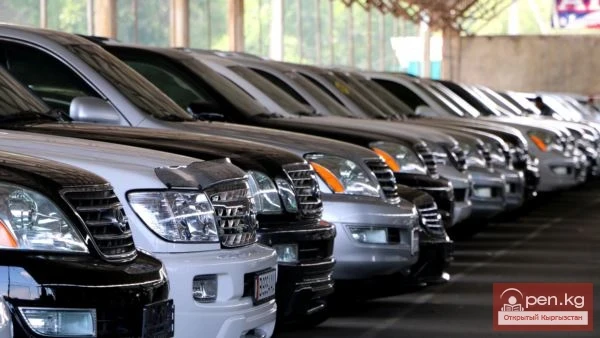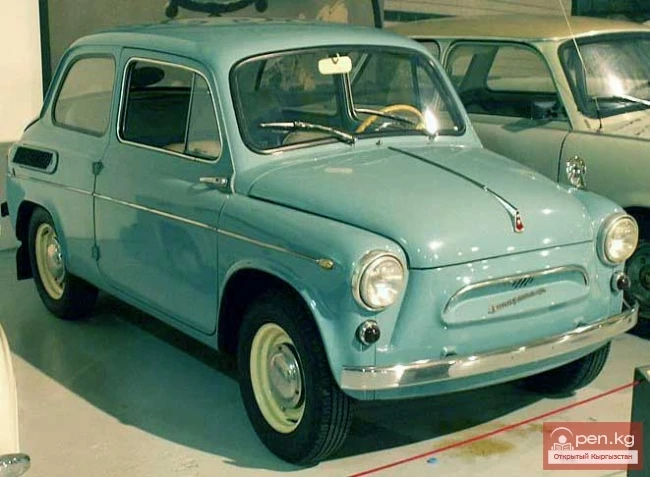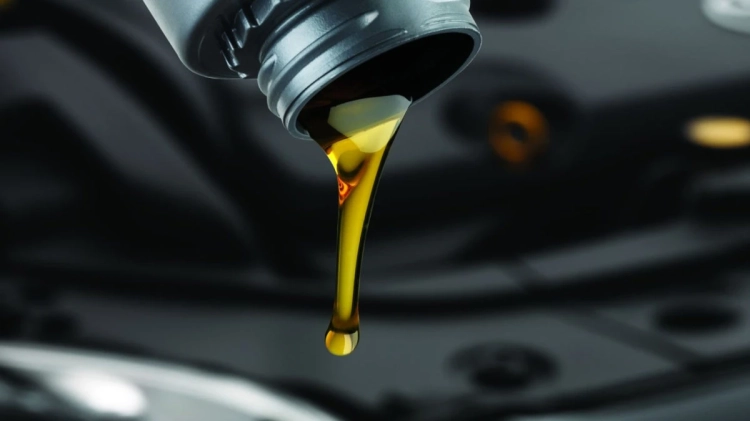
Automotive experts have compiled a list of German models that are distinguished by their outstanding durability.
According to a study conducted by Carbuzz, eight cars are capable of traveling over 300,000 miles (approximately 480,000 kilometers) if properly maintained. This ranking includes vehicles produced from the 1980s to the early 2010s. The list is topped by the BMW M5 E39 (1998-2003), which is considered one of the last cars belonging to BMW's "mechanical era" and is noted for its simplicity and reliability.
Next is the Mercedes-Benz SL-Class AMG (R129, 1989-2001), equipped with a naturally aspirated 7.3-liter V12 engine, which is regarded as one of the most reliable engines in the brand's history.
The fifth-generation Volkswagen Golf (2004-2009) with a naturally aspirated 3.2-liter V6 also showed excellent results, with experts noting its engines as the most reliable in their class.
The BMW M3 (E46, 2000-2006) and Porsche Boxster S (987, 2004-2012) also received high marks for reliability, combining sporty performance with durability.
In the top three are the Porsche 911 (997, 2005-2012) and the second-generation Audi TT (8J, 2008-2015), both models featuring reliable naturally aspirated and turbocharged engines, as well as resistance to wear with regular maintenance.
The leader of the ranking is the BMW 3 Series (1984-1995), recognized as "a model of engineering thought of its time." The version with the inline six-cylinder engine produced before 1993 is particularly highlighted, as it is considered the most reliable among German cars of recent decades.
Experts emphasize that the longevity of German cars largely depends on regular maintenance and the replacement of consumables. With careful use, such cars can last for decades, as evidenced by hundreds of thousands of kilometers of real mileage.















